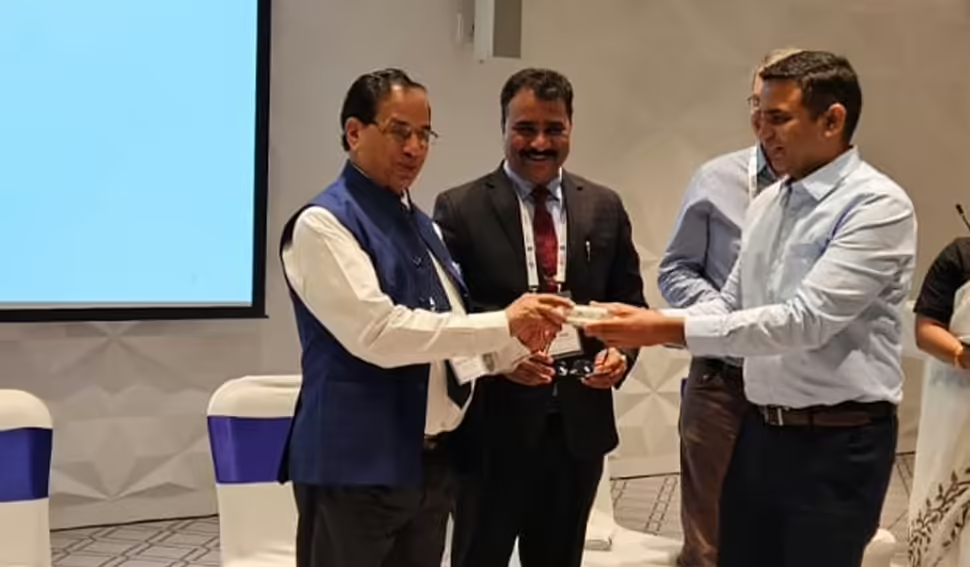Higher education in India at a transitional crossroad: USTM VC GD Sharma
The landscape of higher education in India is indeed undergoing a profound transformation, as emphasized by Prof. GD Sharma, Vice Chancellor of the University of Science and Technology Meghalaya (USTM), during a recent workshop in Guwahati.
The workshop, “Internationalisation at Indian Higher Education Institutions—Structures and Services,” highlighted the significant opportunities introduced under the National Education Policy (NEP) 2020.
Prof. Sharma, who also previously served as the president of the Association of Indian Universities, discussed how NEP 2020 aims to make India a global education hub by fostering international collaboration, enhancing institutional autonomy, and improving the overall quality of education.
The workshop organized by the German Academic Exchange Service (DAAD), New Delhi, provided a key platform for discussing the evolving landscape of Indian higher education under the National Education Policy (NEP) 2020.

In his address, Prof Sharma emphasized that NEP 2020 is equipping Indian universities and colleges with the necessary tools to reshape their educational ecosystems. He highlighted how this policy offers institutions greater flexibility and fosters innovative pedagogies, leading to a more inclusive and technology-driven learning environment.
Prof. Sharma noted that higher education in India is currently in a transitional stage, with a strong focus on implementing NEP 2020’s provisions.
He stated, “The new National Education Policy has opened up transformational opportunities for institutions,” pointing out the potential to create a system where education is accessible, technologically advanced, and inclusive.
Prof. Sharma also explored strategies for fostering transnational cooperation under NEP 2020, underlining its critical role in improving the quality and relevance of higher education in India. He discussed how international collaboration can enhance employability, improve academic standards, and promote multicultural diversity. While these collaborations offer immense opportunities, he also acknowledged the challenges Indian institutions face in building global partnerships, such as navigating regulatory frameworks, funding constraints, and institutional readiness.
Prof Sharma highlighted USTM’s recent initiatives aimed at building international collaborations with institutions from various countries. These efforts align with the broader goals of NEP 2020 to enhance the global standing of Indian higher education. Prof. Sharma emphasized that such international partnerships are essential for improving educational quality and enriching the learning experience for students and faculty alike.
The workshop, organized by the German Academic Exchange Service (DAAD), New Delhi, provided a valuable platform to explore academic linkages, particularly with European universities, focusing on strengthening collaborations with German institutions. USTM’s push for global partnerships reflects a broader trend of Indian institutions seeking to integrate with the global education landscape, and NEP 2020 has provided the necessary framework for this transition.
Several distinguished dignitaries attended the event, including H.E. Philipp Ackermann from the German Embassy, Dr. Katja Lasch, Director of DAAD, Mr. Michael Houlgate from the British Council, Dr. Fabien Chariex from the French Embassy, Mr. Matthew Johnston, Minister Counsellor at the Australian High Commission, and Mr. Kuldeep Dagar from the Association of Indian Universities (AIU). Their presence underscored the workshop’s significance in fostering international partnerships and advancing the internationalization of higher education in India.
The event marked an important step in cultivating global relationships. Discussions focused on collaboration strategies, academic exchanges, and the mutual benefits of educational cooperation.



India’s higher education is at a critical crossroads 🎓, needing reforms for inclusivity, quality, and global competitiveness 🌍🚀.